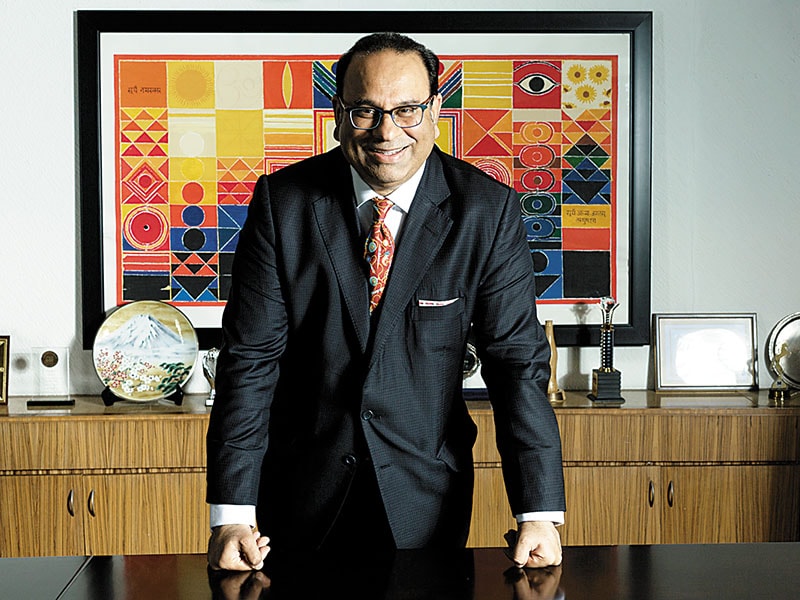'We can't go back to the old normal': Brilloca's Sandip Somany
Sandip Somany, chairman and managing director of bathware brand Brilloca, on the changing demands for sanitary ware in the Covid-19 world, and why lockdowns hamper growth


 Sandip Somany
Sandip Somany
Image: Udit Kulshrestha[br]Sandip Somany, chairman and managing director of Brilloca—maker of bathware brand Hindware—alludes to the fear among consumers in the wake of the coronavirus pandemic when he says they don’t want to touch anything. As a result, sale of contactless faucets and sensor-operated products such as urinals, water and soap dispensers have seen a tenfold spike. He is, however, optimistic about the recovery of the economy: “I think the worst is behind us.” Edited excerpts from an interview:
Q. How has the sanitary ware industry been impacted by Covid-19?
It’s a discretionary and partly non-discretionary category. When new homes or apartments are built, it is non-discretionary. You need to have toilets and showers in them. When it comes to renovation, it becomes discretionary. The impact of Covid-19 would depend on the area one is residing in. For example, if they’re in semi-urban India or in a small town, they’ll be less affected because the impact of Covid-19 there is relatively lower and the agrarian economy has done well. But if you are principally dependent upon the cities, it has a longer impact because the lockdown is still being imposed in cities, people have lost jobs and salaries have been cut.
Q. How has Brilloca performed post lockdown? What kind of rebound do you see?
With every un-lockdown, things started improving. A majority of the industry has reached 80 percent of what it was last July. We are also at 80 percent, and believe this will continue for a couple of months. By November, we hope things will go back to 90 percent. This is subject to the fact that Covid-19 doesn’t spread or worsens, and the government goes on unlocking the economy instead of imposing more lockdowns.
Q. Are frequent lockdowns by states hurting the economy?
The central government is clear-headed in terms of unlock. States are having a lot of knee-jerk reactions. Take, for instance, Gurugram or Uttar Pradesh. How will closing the markets, except for essential services, on Saturdays and Sundays contain Covid-19? It doesn’t spread only on Saturday and Sunday. This takes away the chance of consumers going out over the weekend. It also scares them.
Q. Sanitary ware has big global players in the luxury segment. Will they be hit more?
We have a smaller luxury offering in a brand called Queo. But it is relatively small compared to our total revenue. The companies with more exposure to high-end offerings will struggle more than mass companies. Some of these foreign brands will suffer. Their products go into hotels, and that sector is dead for the next two years. People will not travel as much.
Q. What kind of products are gaining traction?
Contactless faucets or sensor-operated products are seeing high demand. People don’t want to touch anything. We installed contactless handwashing systems at eight sites in NCR. We have automatic urinals, water taps, and soap dispensers. They have done exceedingly well, with over 10x growth.
Q. Will the old normal be back after a year or so?
Post the vaccine, people might start getting back to normal. But the new normal will not be the old normal.
First Published: Sep 17, 2020, 12:20
Subscribe Now